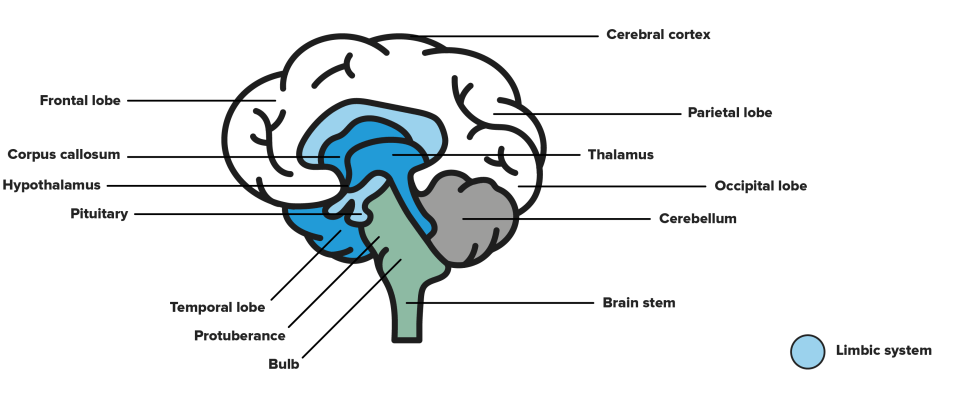Substantiated information by:

Ana Isabel Martínez Arán
Psychology
Psychiatry and Psychology Department

Diego Alberto Hidalgo Mazzei
Psychiatrist
Psychiatry and Psychology Department

Eduard Vieta Pascual
Psychiatrist
Psychiatry and Psychology Head of Department

Mercè Comes Forastero
Nurse Specialist in Mental Health
Psychiatry and Psychology Department
Published: 20 March 2018
Updated: 20 March 2018
The donations that can be done through this webpage are exclusively for the benefit of Hospital Clínic of Barcelona through Fundació Clínic per a la Recerca Biomèdica and not for BBVA Foundation, entity that collaborates with the project of PortalClínic.
Subscribe
Receive the latest updates related to this content.
Thank you for subscribing!
If this is the first time you subscribe you will receive a confirmation email, check your inbox
An error occurred and we were unable to send your data, please try again later.





